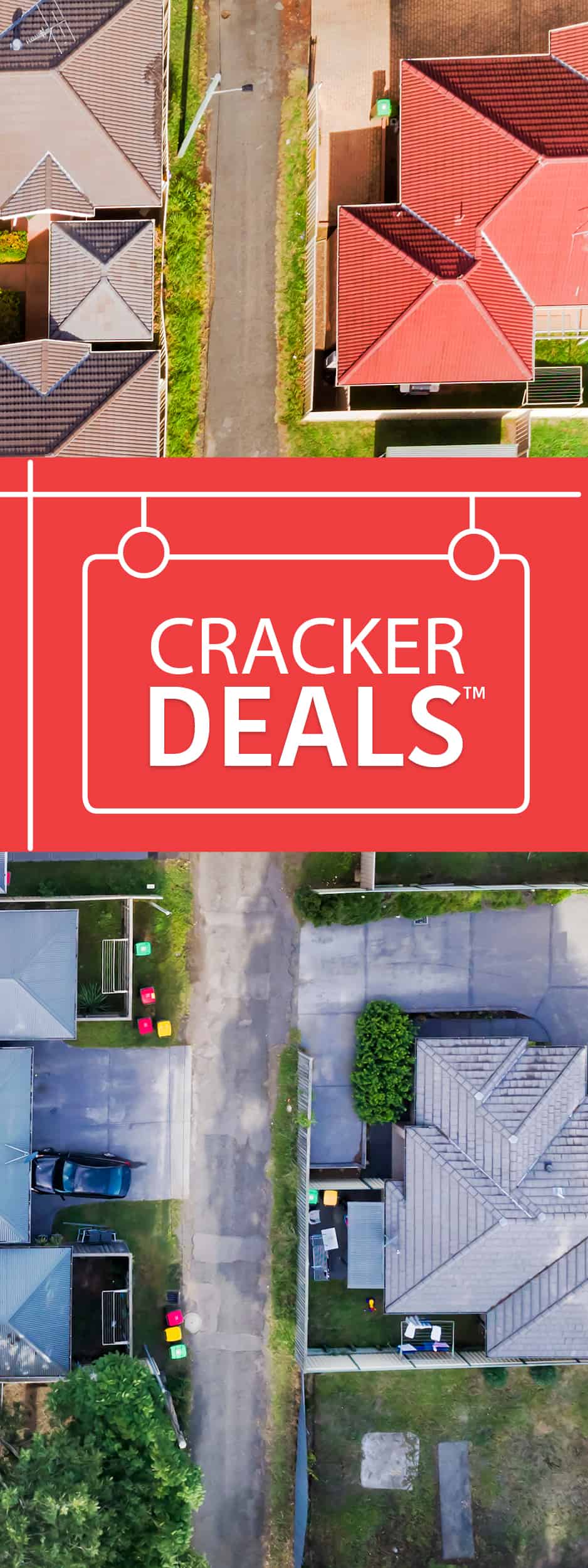- The first step is making the call.
- 1300 022 482
- hello@searchpartyproperty.com.au
What are the Big Drivers of Property Values?

A lot has been made of how much property prices have increased over the last year or so. Equal attention has also been given to what property values are likely to do over the next year or so. But there has been notably less talk about exactly what is driving these changes.
Factors influencing property values
While the formula for calculating property values is quite complex, it is largely based on a few simple things:
- Supply and demand
Put simply, the more buyers there are competing for a property, the higher its value will be. As such, when the population of an area significantly increases, local property values will generally increase too. Similarly, if an area sees a spike in buyer interest (due to infrastructure upgrades, etc.), this will also drive up local property values.
By contrast, if there are more properties available than buyers in the market, property values will be lower. So, if an area’s population starts to decline, this will usually cause local property values to decrease.
While these simple market forces are often measured at a higher level, they are actually quite a localised concept. In fact, supply of, and demand for, properties can vary greatly from suburb to suburb or even street to street. As such, when considering how these factors are affecting property values, it is important to look at targeted market data.
- Relative affordability
In the broadest sense, affordability is a measure of a property’s value as compared to a buyer’s income. The higher this ratio is, the less affordable the property is, at least for that buyer. And the less affordable a property is, the more likely the buyer is to look elsewhere.
How affordable a property is will also influence the quality of life it offers. The more a property costs a buyer to purchase and maintain, the less they have to spend on other comforts. And the more likely they are to look elsewhere in an attempt to get more for their money.
As such, as property values increase, they become less affordable, and the pool of potential buyers shrinks. This usually causes sales to dry up and, ultimately, leads to property values beginning to decrease. Often, this also drives up prices in surrounding and comparable areas as buyers look for more affordable alternatives.
- The availability of finance
The vast majority of buyers will require a mortgage to purchase a property. As such, changes to lending requirements can have a significant impact on the number of buyers in the market. It can also influence how much those buyers are able to spend on their new property.
From minimum deposit amounts to minimum interest rate buffers, there is a range of ways lenders can limit access to finance. Regulatory authorities, like the Australian Prudential Regulation Authority (APRA), can also mandate new requirements borrowers need to meet. These controls are usually designed to minimise the risks associated with mortgages, both for the borrower and the lender.
- The broader economy
The general state of the economy will also have an impact on property values. In particular, changes to average wages can affect both affordability and the number of people looking to buy. For example, when wages are high, there will usually be more buyers in the market and their budgets will usually be larger.
Similarly, other measures, like the average cost of living and consumer confidence levels, can also influence how properties are valued. These reflect the strength of the average household’s finances and indicate how likely people are to make a large purchase.
Want more information?
If you would like to discuss the mechanics of property prices further, give Search Party Property a call. As experienced property investors, we have a deep understanding of how property valuations work and are experts in driving growth. We can also help you harness this to build a high-performing portfolio and secure your financial future.
Contact us today to set up your complimentary property investor assessment session.




